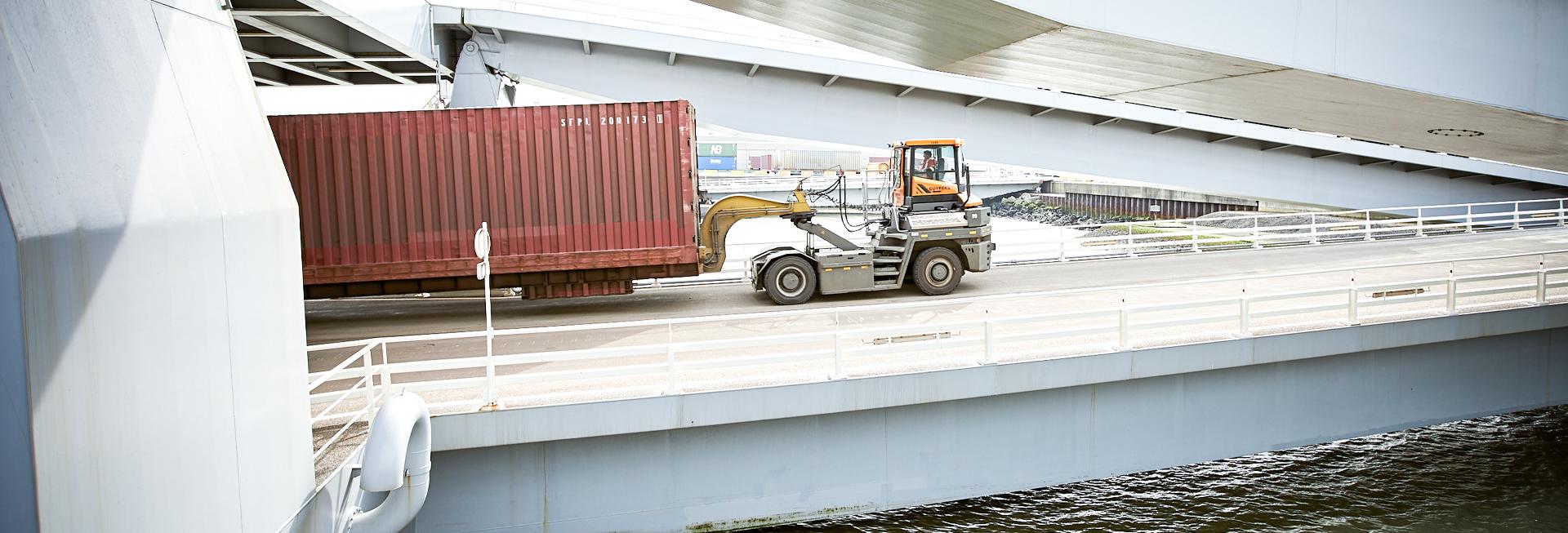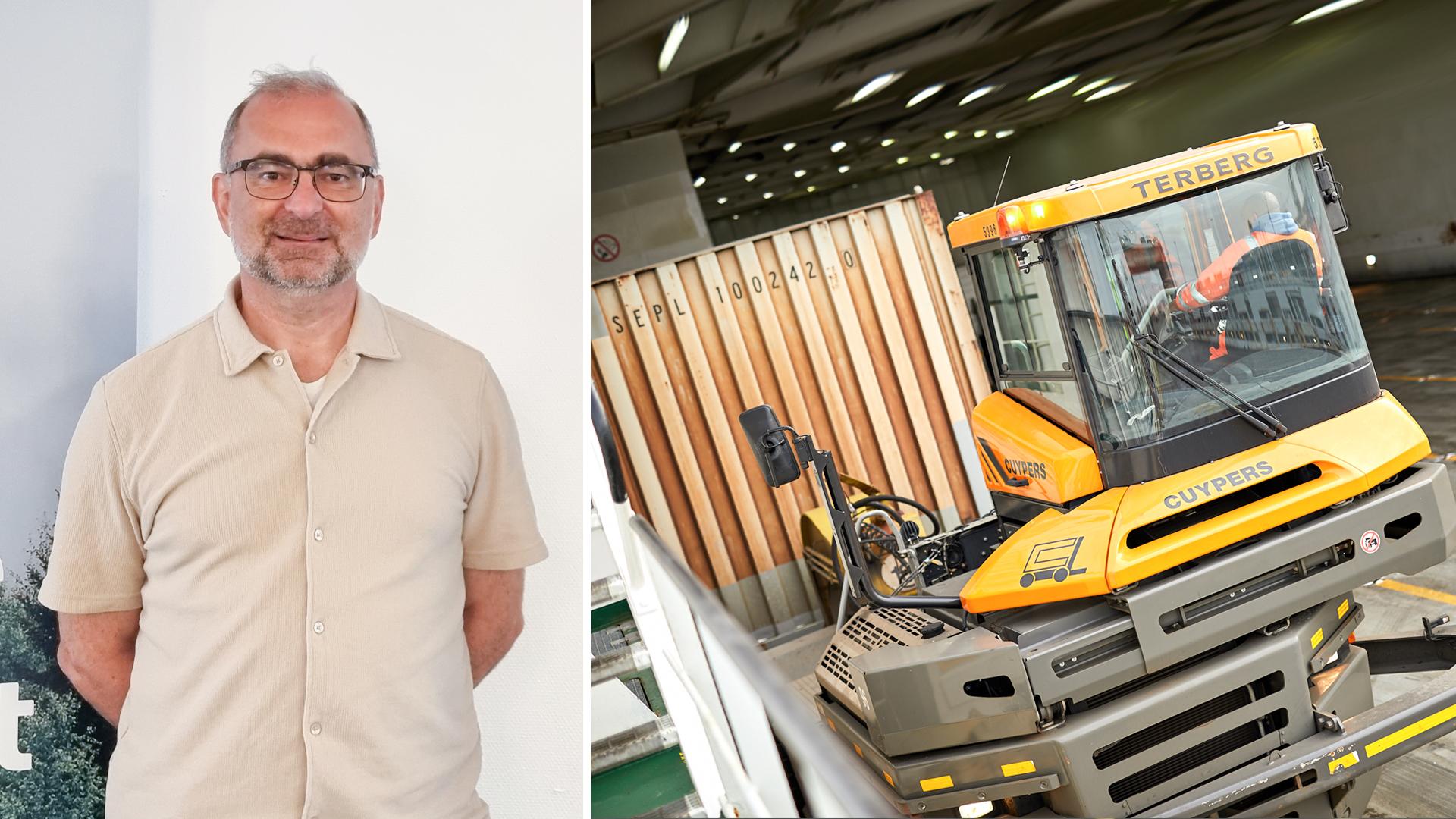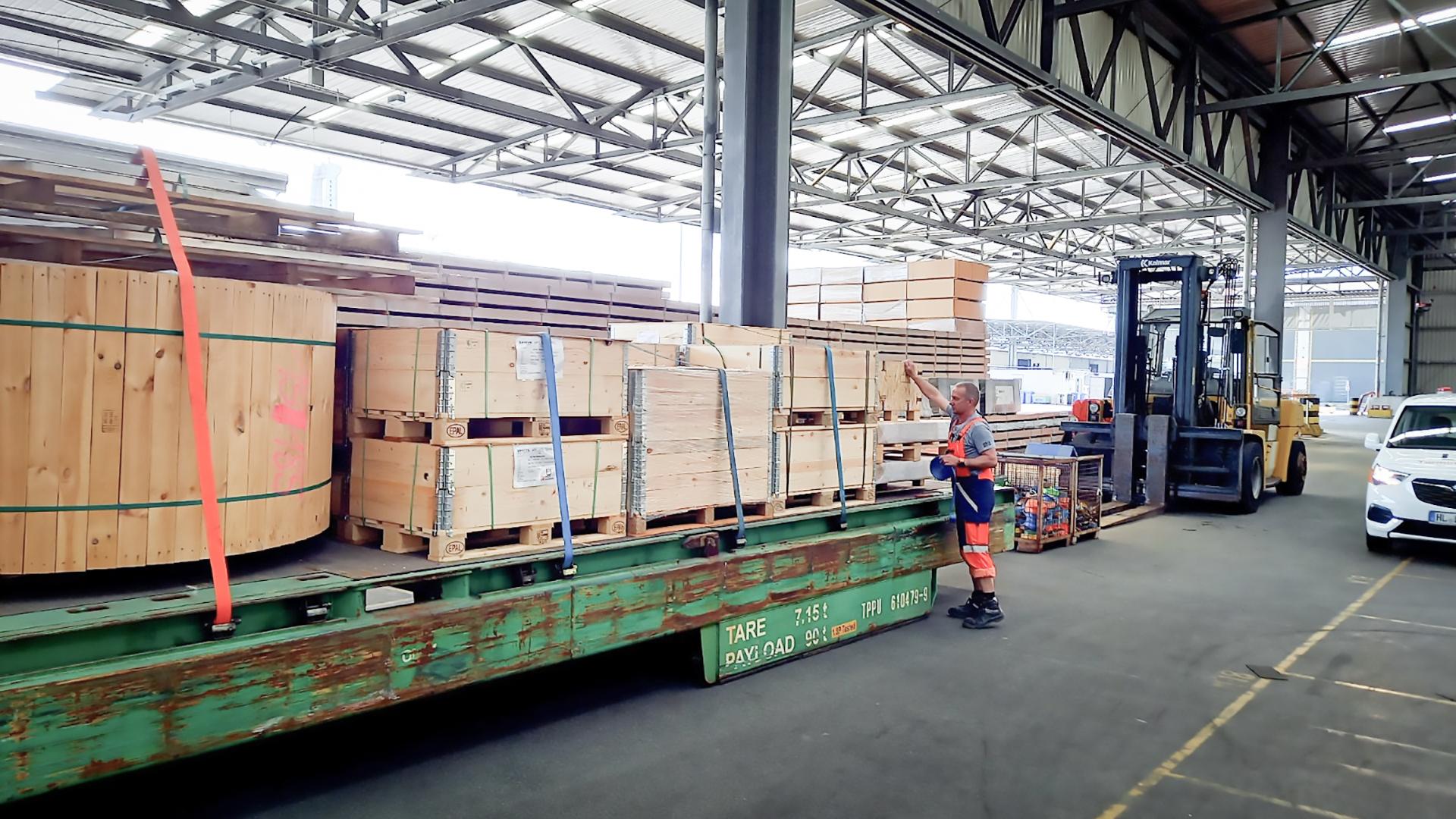RoRo win-win between Lübeck and Kemi

Ships run half empty between continental Europe and Scandinavia while trailers returning to Europe can spend days along Sweden’s Norrland coast waiting for export loads. This was the tough reality until recently, but now there are other, more sustainable solutions.
Just a few years ago, most companies in the paper and forest industries shipped their goods aboard their own vessels to the same final destination. When WALLENIUS SOL was formed in 2019, the focus was on establishing sustainable logistics solutions for the Finnish and Swedish base industries. A concept based on co-loading, where paper products from several companies shared space on a single vessel on their way to Europe. Working together with logistics company Scanlog, they are finding new ways to make best use of cargo capacity also on the northbound routes.
Shipping imbalance
Fully laden RoRo ships, from WALLENIUS SOL, arrives to Lübeck every Monday and Friday. The port unloads between 100 and 120 SECU containers with goods from Sweden and Finland. Historically, the containers then returned northwards empty.
‘The thing is, the containers take up just as much space empty as full. Instead of sailing north with half-empty ships, we want to use the load capacity and fill our containers and cassettes with other goods,’ explains Jonas Wåhlin, General Manager at WALLENIUS SOL.
Similar challenges were identified by logistics company Scanlog, which makes sure that everything from Italian tiles to Spanish vehicle technology finds its way from the manufacturer to the customer.
Traditionally, transport between the continent and Sweden involved many miles by road, and after arriving, trucks often had to spend several days waiting for export goods.
‘Scanlog and WALLENIUS SOL soon realised that by making use of the space in the SECU containers we could offer a cost-effective, eco-friendly solution that also means fast delivery times,’ says Lars Lerstorp, Sales Executive at Scanlog.

Good loads in both directions
The set-up means fully laden SECU containers arriving in Lübeck with WALLENIUS SOL’s vessels are unloaded and then taken care of by Scanlog, which fills them with cargo for the northbound route. When WALLENIUS SOL returns to Kemi a few days later, the goods are unloaded and local hauliers take care of final transport to customers in Sweden, Finland and Norway.
‘This set-up means gains for everyone involved. Not only is it win-win in terms of the environment and efficiency, but there is at least one additional win when we consider delivery performance,’ says Lars Lerstorp and continues:
‘There are many things can affect the timetable when we ship goods by road. The maritime solution is very stable and can handle much bigger volumes. Once the goods have come all the way to Kemi, it’s easier to guarantee the end customer a delivery date as there are such short distances left to drive, and the local hauliers are used to the conditions.’
Environmental savings, fewer trucks
Using the cargo space in the SECU containers instead of driving 1,500 kilometres through Sweden with a 25-tonne truck load saves around 3 tonnes of CO2 equivalents. What’s more, this means Scanlog has also succeeded in reducing traffic on Swedish roads by 10–15 trucks per week.
‘This reduction in environmental impact is enormously important, and WALLENIUS SOL’s new ships will soon mean even greater environmental savings,’ says Lars Lerstorp.
And according to Jonas Wåhlin at WALLENIUS SOL, there is still huge growth potential.
‘Customers have only just begun to see what an opportunity this is, and because our large vessels still have capacity, we can help even more customers switch from moving goods by road and rail to shipping them by sea instead.’

About Scanlog
Scandinavian Logistics Partners AB (scanlog.se) is a fully independent Swedish logistics company focused on international and global transport solutions by road, rail, air and sea. Their focus is on responsible logistics centred on cost effectiveness, reduced environmental impact and high quality. Scanlog was named by business daily Dagens Industri as a Gazelle company in 2017, 2018 and 2019. It has been majority-owned by the Swedish Orient Line (SOL) since 2020.
